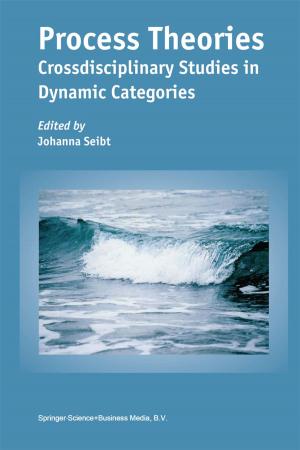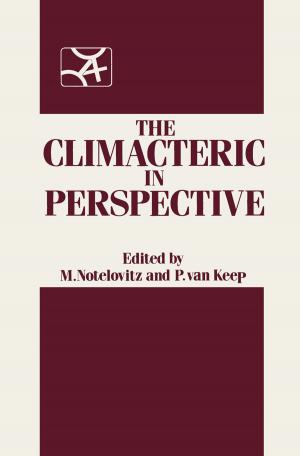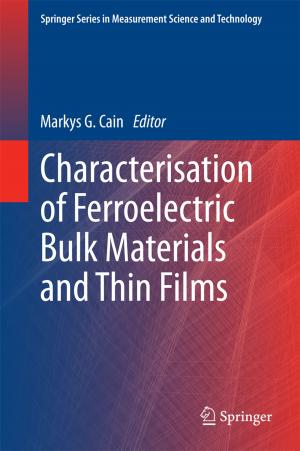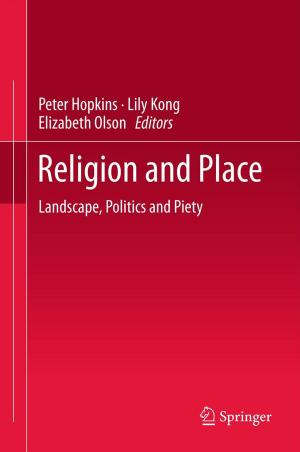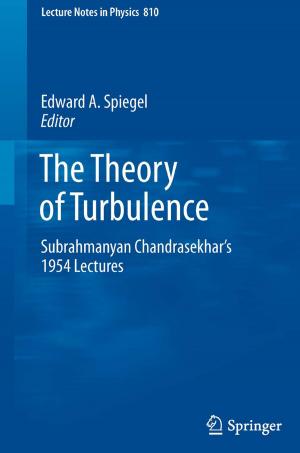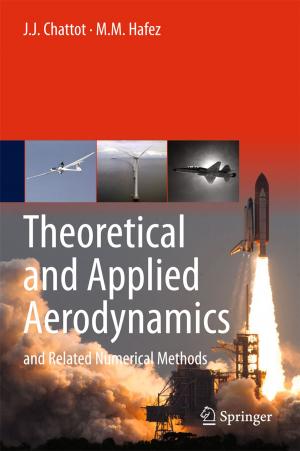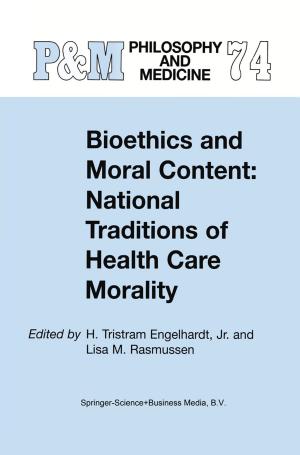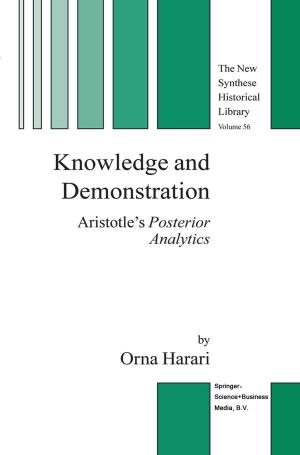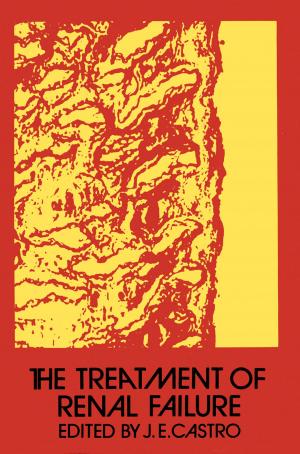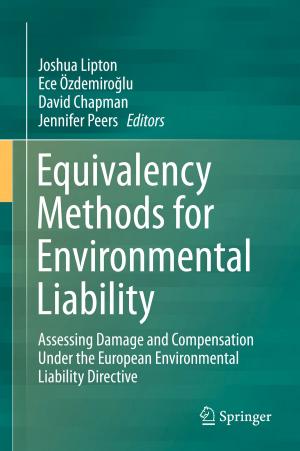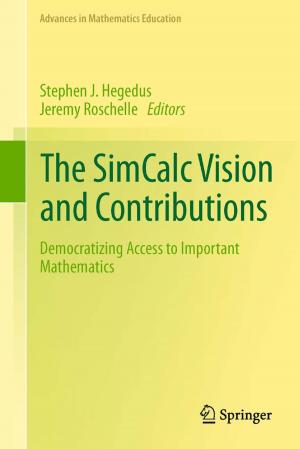Fatigue Crack Growth Failure and Lifing Analyses for Metallic Aircraft Structures and Components
Nonfiction, Science & Nature, Science, Physics, Mechanics, Technology, Aeronautics & Astronautics| Author: | Russell Wanhill, Simon Barter, Loris Molent | ISBN: | 9789402416756 |
| Publisher: | Springer Netherlands | Publication: | February 19, 2019 |
| Imprint: | Springer | Language: | English |
| Author: | Russell Wanhill, Simon Barter, Loris Molent |
| ISBN: | 9789402416756 |
| Publisher: | Springer Netherlands |
| Publication: | February 19, 2019 |
| Imprint: | Springer |
| Language: | English |
This book provides a concise discussion of fatigue crack growth (FCG) failure and lifing analysis methods for metallic aircraft structures and components. After a reasonably concise historical review, surveys are made of (i) the importance of fatigue for aircraft structural failures and the sources of fatigue nucleation and cracking, (ii) contemporary FCG lifing methods, and (iii) the Quantitative Fractography (QF) required for determining the actual FCG behaviour. These surveys are followed by the main part of the book, which is a discussion, using case histories, of the applicabilities of Linear Elastic Fracture Mechanics (LEFM) and non-LEFM methods for analysing service fatigue failures and full- and sub-scale test results. This discussion is derived primarily from the experiences of the Defence Science and Technology Group in Melbourne, Australia, and the Netherlands Aerospace Centre, Marknesse, the Netherlands.
This book provides a concise discussion of fatigue crack growth (FCG) failure and lifing analysis methods for metallic aircraft structures and components. After a reasonably concise historical review, surveys are made of (i) the importance of fatigue for aircraft structural failures and the sources of fatigue nucleation and cracking, (ii) contemporary FCG lifing methods, and (iii) the Quantitative Fractography (QF) required for determining the actual FCG behaviour. These surveys are followed by the main part of the book, which is a discussion, using case histories, of the applicabilities of Linear Elastic Fracture Mechanics (LEFM) and non-LEFM methods for analysing service fatigue failures and full- and sub-scale test results. This discussion is derived primarily from the experiences of the Defence Science and Technology Group in Melbourne, Australia, and the Netherlands Aerospace Centre, Marknesse, the Netherlands.

